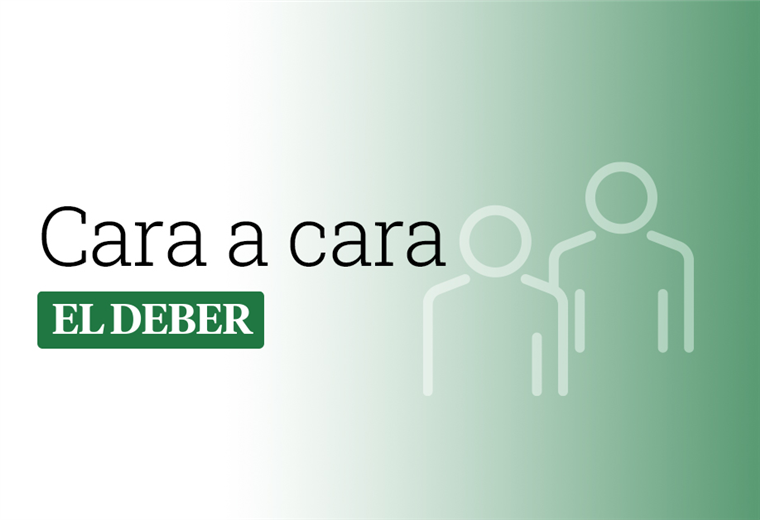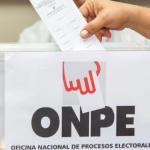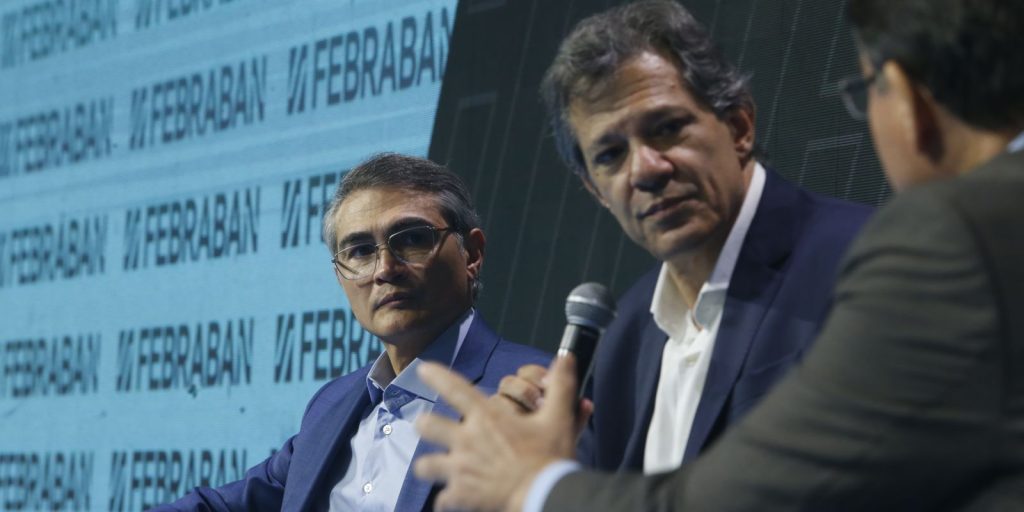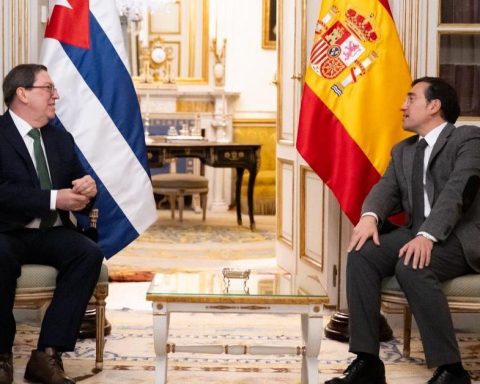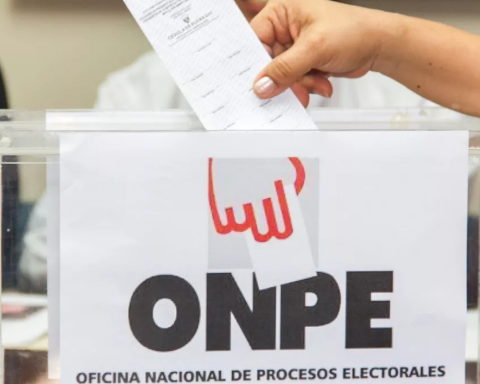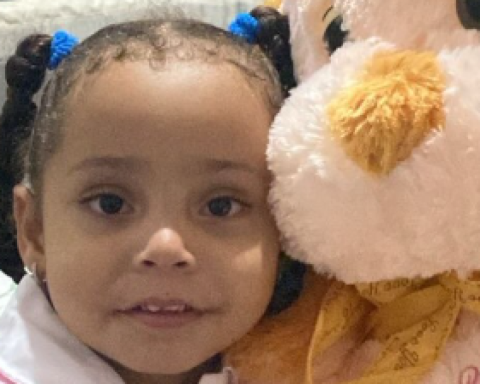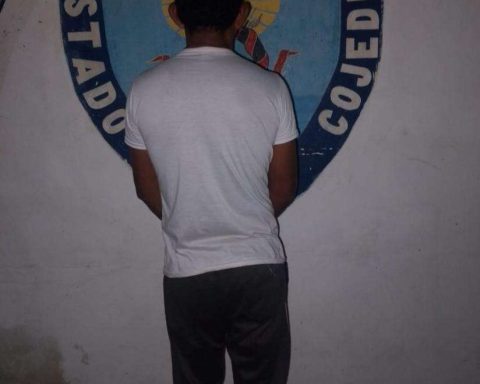“Learning to read is the most important thing that has happened to me in my life,” confessed Nobel Prize winner Mario Vargas Llosa. It is very likely that many other things more important and transcendental than his passion for reading have happened in the life of the Peruvian writer; although, surely, knowing how to read paved the way for these experiences to occur. Contrast the data with information offered during the Educational Congress that took place this week in Tarija.
Only 8 out of 100 students understand what they read. This is a statistic referring to sixth grade students and is considered “something really serious” by Patricio Molina, leader of the Confederation of Urban Teachers. The data is alarming and reveals the failures of an ideologically driven educational system. The Aveliño Siñani and Elizardo Pérez Law promised great educational changes in the country. As in the prefaces of the Constitution, the law states a list of characteristics that mark the subsequent future of education in the country: unitary, public, universal, democratic, participatory, community, decolonizing and quality.
Little or nothing of those ‘idyllic purposes’ was fulfilled. As in so many other facets of public activity in Bolivia, the political-union orientation dominated the system. And from those command positions, they advanced against the current. While the world encourages teaching focused on skills, in Bolivia a rigid model governs with centralized training plans that are far from the reality of the students. An opening towards regionalized curricula has already been requested from the Departmental Legislative Assembly. And beyond the logical discomfort of the leaders, who threatened with lawsuits any assembly member who dared to continue with the lawsuit, little progress was made in this regard.
“More books, more free,” said the Spanish writer and politician Enrique Tierno Galván.
